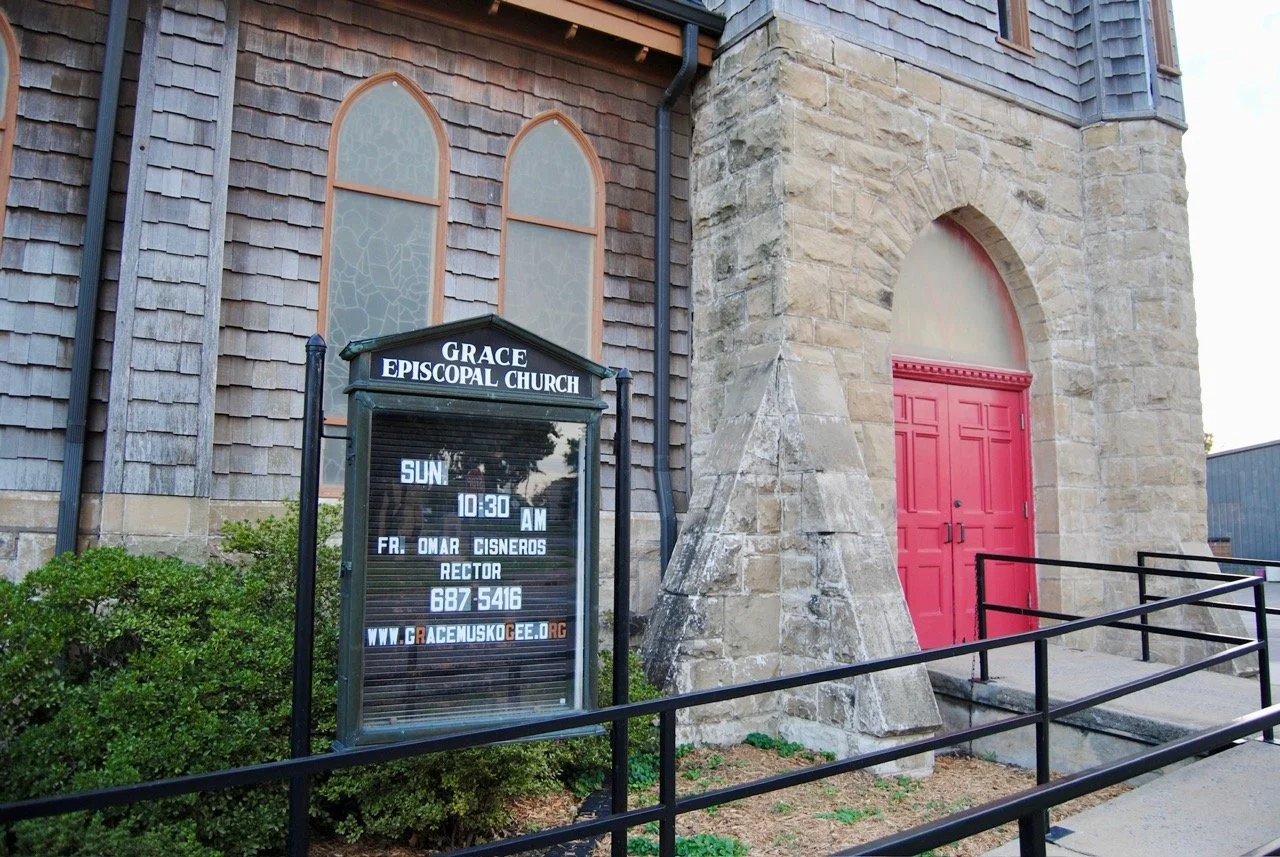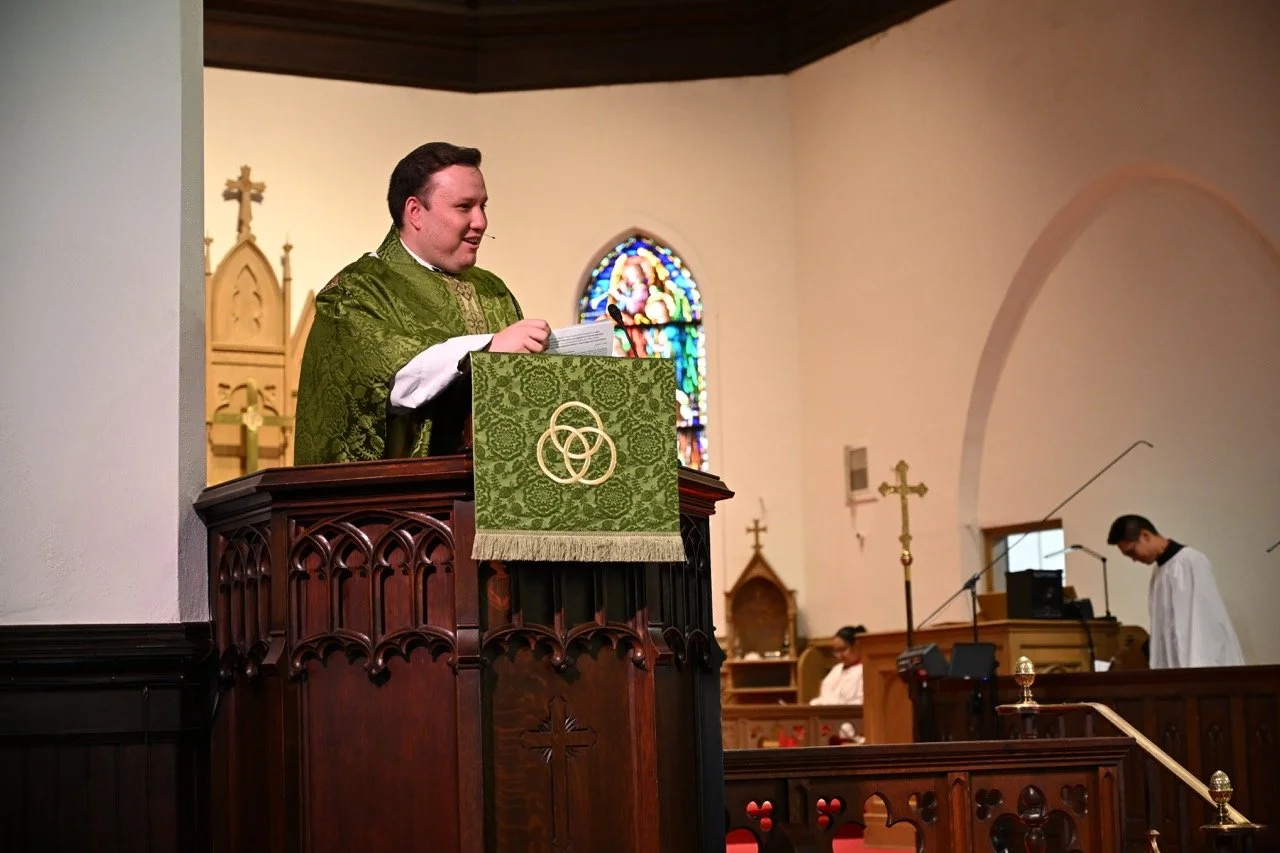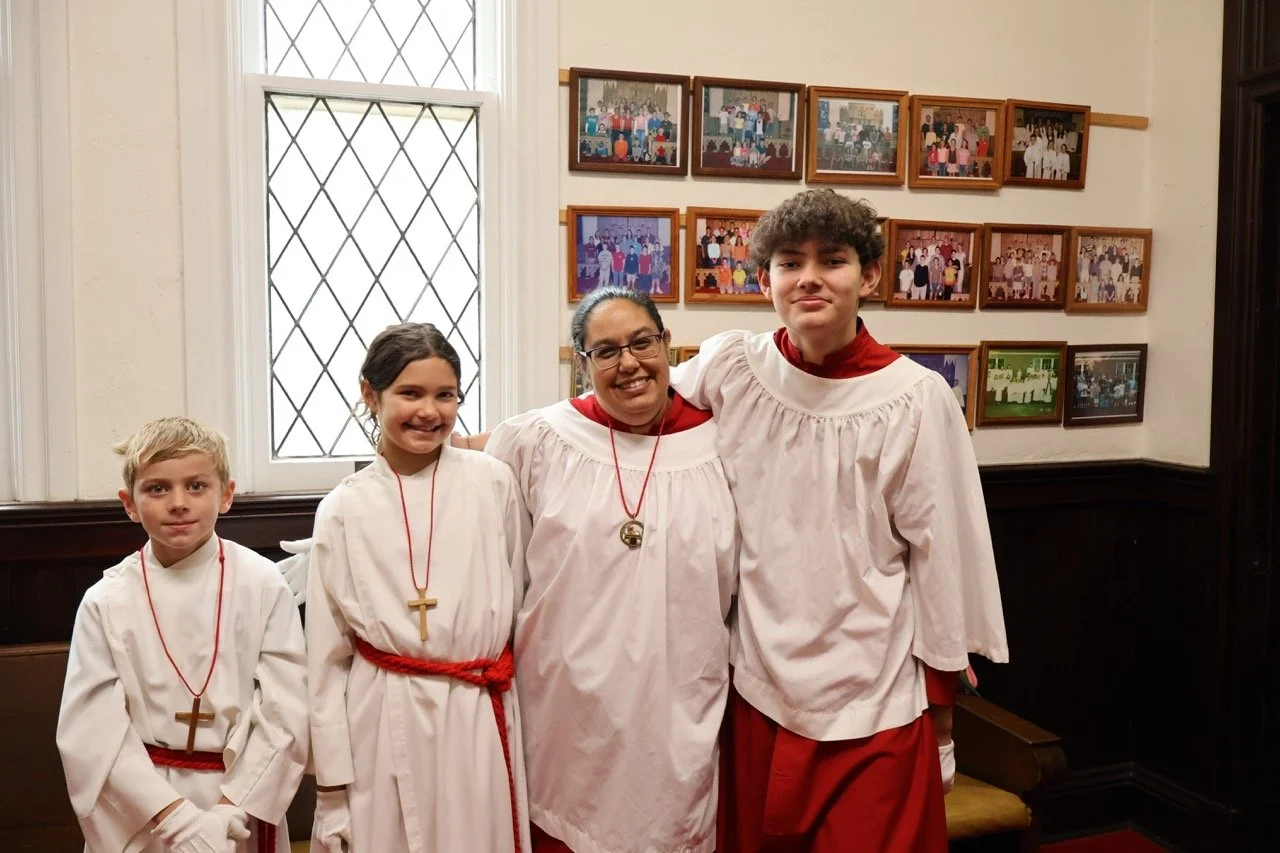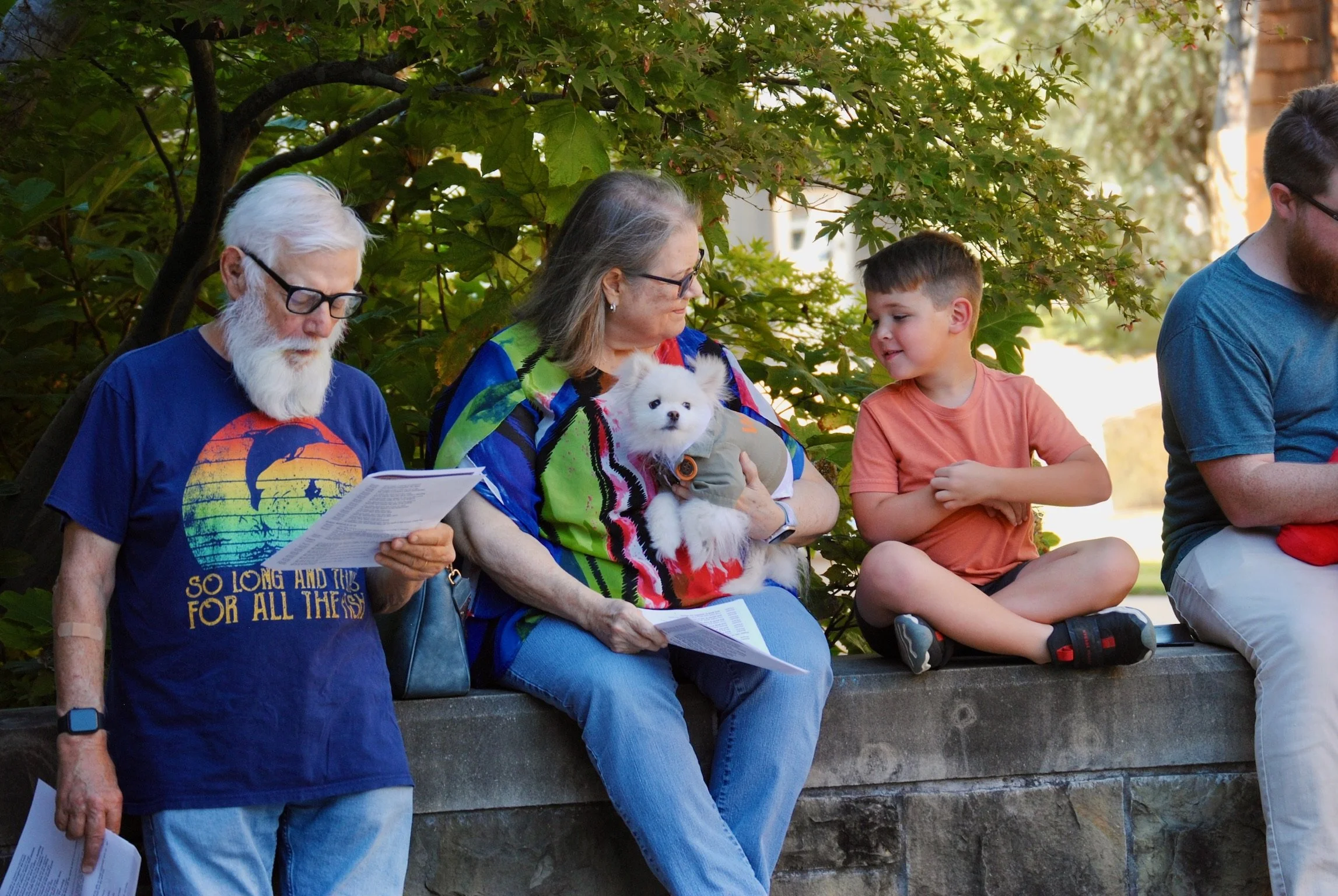“…for my house shall be called a house of prayer for all peoples.”
Isaiah 56:7
Welcome to Grace Episcopal!
Since its first service on February 23, 1893, Grace Episcopal Church of Muskogee has been dedicated to bringing people together in a loving relationship with God and with each other through Christ.
Worship with us every Sunday at 10:30 a.m. in person or online.
All are welcome!
What’s happening at Grace?





